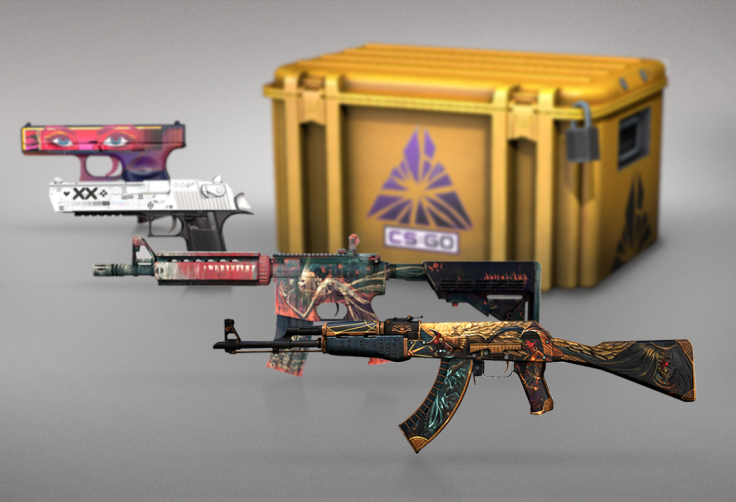Counter Strike: Global Offensive has reportedly earned Valve nearly $1 billion from just its loot boxes system alone in 2023.

CS:GO monitoring body Case Tracker reported that players bought 359.6 million cases "keys," or $980 million, last year.
Most popular were "Dreams" and "Nightmare" cases which were unboxed 50,511,222 times. That is equivalent to $126.3 million in keys sales.
The record-high revenue comes in as the case prices spiked up by 178% with the Weapon Case now sitting at $92.19, $78.07 bigger than when it was first released in 2013.
The reported revenue does not even include other purchases made via Steam or collection packs on the Counter Strike online store.
CS:GO Loot Box Earnings Show Concerning Future for In-Game Lotteries
While CS:GO players have been known to shill huge amounts of cash to the game, the huge earnings cast concerns amid calls to regulate the game system.
The game's loot cases and other similar in-game lotteries have earned concerns throughout the years as a potential gateway to actual gambling.
Loot boxes have been a controversial topic for years as they allow players to roll purchasable randomized packs for a chance to get the featured cosmetics.
Valve, the game's publisher, has since banned the trading of keys to ease concerns about the system.
Case keys trading have been an infamous aspect of the game as scammers and resellers use the system for laundering money.
As of writing, there are no definitive laws yet regulating in-game lotteries as the system is not legally considered gambling.
Why are there Loot Boxes in CS:GO?
Loot boxes and other in-game markets have been introduced to CS:GO in an attempt to monetize the free-to-play game.
CS:GO has also introduced battle passes as an additional purchase option for players to get better chances in featured cosmetics.
The high earnings brought by the in-game market allowed Valve to host better international tournaments and bigger prize pools.









